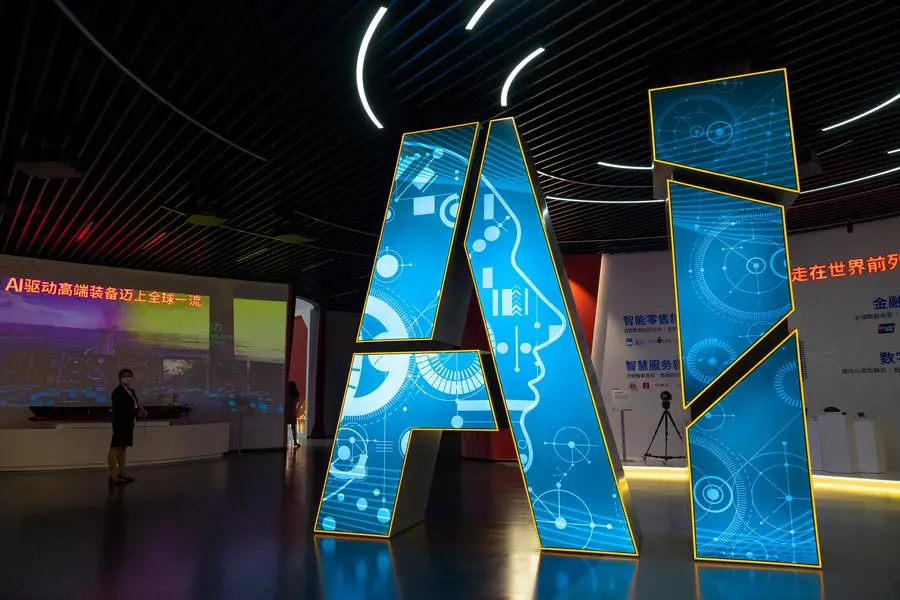PHOTO
Insider trading, also known as market manipulation, has never been easier: anyone with a smartphone can exchange sensitive information at the touch of a screen. The flipside of tech prevalence is that it has created a web of records stored on smartphones and personal computers, footprints that can be monitored for insider trading.
It is not often that matters connected with insider trading become public in the UAE, but two instances have been disclosed in recent months.
According to the website of the Abu Dhabi–based Securities and Commodities Authority (SCA), at the end of October, two cases were referred to Public Prosecution. One was the execution of market manipulation trades on one of the listed securities in violation of Article 16 of the authority’s board of directors’ decision no. 2/R. The second was on front-running manipulation by some investors based on the exploitation of information related to the orders of other investors in violation of Article 17 of decision no. 2/R.
No firms or individuals have been publicly named by the SCA in connection with either case.
In early November, the Dubai Financial Services Authority (DFSA) announced a $370,000 fine for a private bank under its jurisdiction for failure to prevent market abuses.
Elsewhere in the GCC, in September, Saudi Arabia’s Capital Markets Authority (CMA) referred 25 suspects to Public Prosecution for a series of charges, including deceptively filling in purchase orders to manipulate share prices.
Oliver Blower, Group CEO of software firm VoxSmart, argues that AI and machine learning–enabled software has the ability to not only weed out market manipulation but also protect those who have been wrongly accused, effectively wiping it out.
VoxSmart’s app tracks a trader’s voice and their message interactions and trades. “We pull in all sorts of communications; we create patterns, alerts and policies, rules and things; and then we [...] match that with the transactions, and all of the trades associated with any one trader, so we can check for insider trading and manipulation and things like that,” said the former derivatives trader, whose CV includes Barclays and the then Bank of America Merrill Lynch.
Privacy
Blower said that communications surveillance has been regarded with suspicion by traders.
“In actual fact, it is a way of protecting good people working within the confines of the law who simply want to be more flexible in the way they handle and maintain client relationships,” he said.
“More flexible” means being permitted to use apps such as WhatsApp to communicate, bearing in mind that the United States’ Securities and Exchange Commission (SEC) has suggested its use may need to be banned in favour of official channels.
The SEC has issued wave after wave of fines to Wall Street banks, running into billions of dollars, for using WhatsApp as a way of communicating “off channel” to avoid scrutiny. Blower notes, however, that one of the most notorious insider trading cases, the Libor rigging scandal, took place over Bloomberg Chat, an official channel that would have been easily monitored by a trading desk.
“With so much flexibility in how people now live their lives, a bank’s client dictates the way they want to communicate,” he said. “You need to encourage an environment where traders are using safe work devices to communicate, rather than driving them to turn to personal devices to preserve relationships through WhatsApp or other social messaging apps.”
Use of AI surveillance on trading in Middle East
Of the 100 clients VoxSmart serves globally, two are in the Middle East: a large bank and a large energy-trading company (Blower declined to disclose their names).
Blower said that the Libor scandal is an “exceedingly rare” case that was widely publicised. The Middle East region is “reactive” when it comes to dealing with the problem, he said, rather than employing measures to prevent it, but deploying surveillance software can act as a deterrent as it offers proof “beyond all reasonable doubt” thanks to having captured every single conversation and trade. Moreover, it works both ways, also exonerating those who have been wrongly accused.
“You often get a lot of false positives, you get accusations by counterparties that someone has moved the market – you are often disproving that you did what is alleged. This technology can act as a defence, proving individuals’ innocence as well as their guilt,” he said.
While the SCA was unable to comment on whether it encourages the use of AI monitoring among entities under its jurisdiction, the DFSA told Zawya it does not make specific recommendations to regulated firms about the use of particular tools to identify suspicious trades.
“Rather, the DFSA requires regulated firms to have appropriate systems and controls in place, depending on the nature of their business, to identify questionable activity,” a spokesperson said.
However, the DFSA is itself undergoing a digitalisation project, using a number of software tools. While it does not specifically use AI or machine learning, this is under consideration, the authority said.
(Reporting by Imogen Lillywhite; editing by Seban Scaria)




















